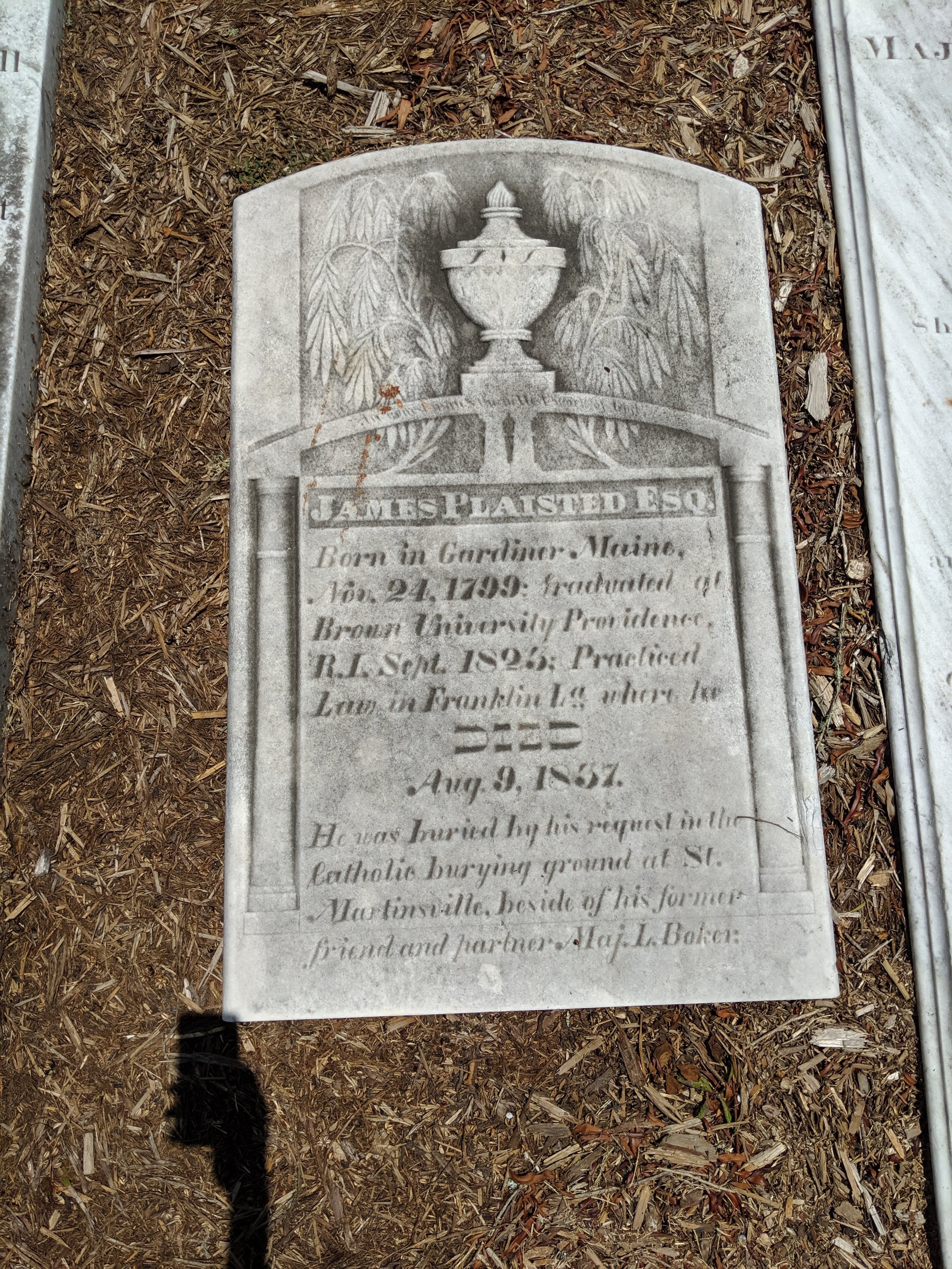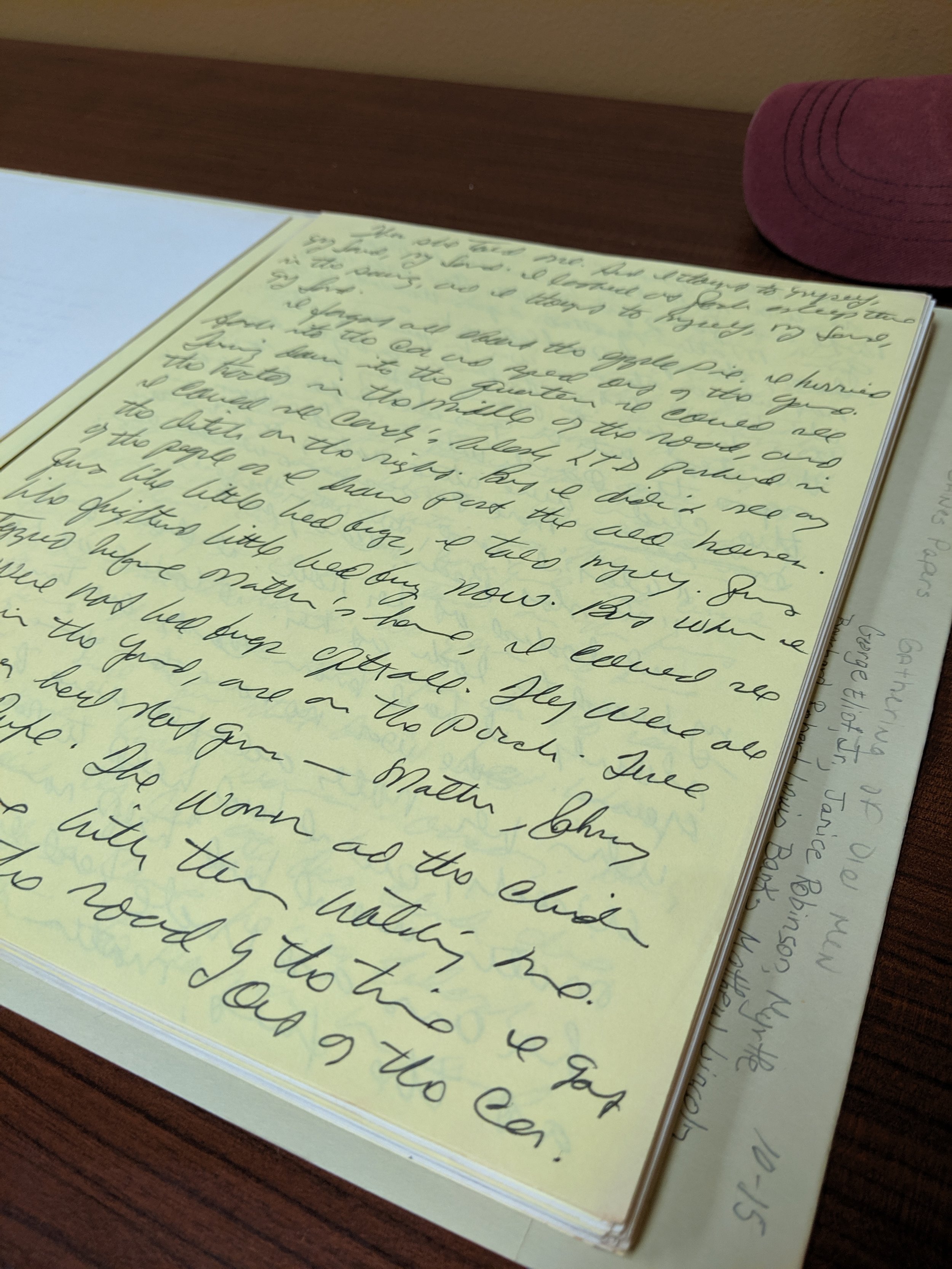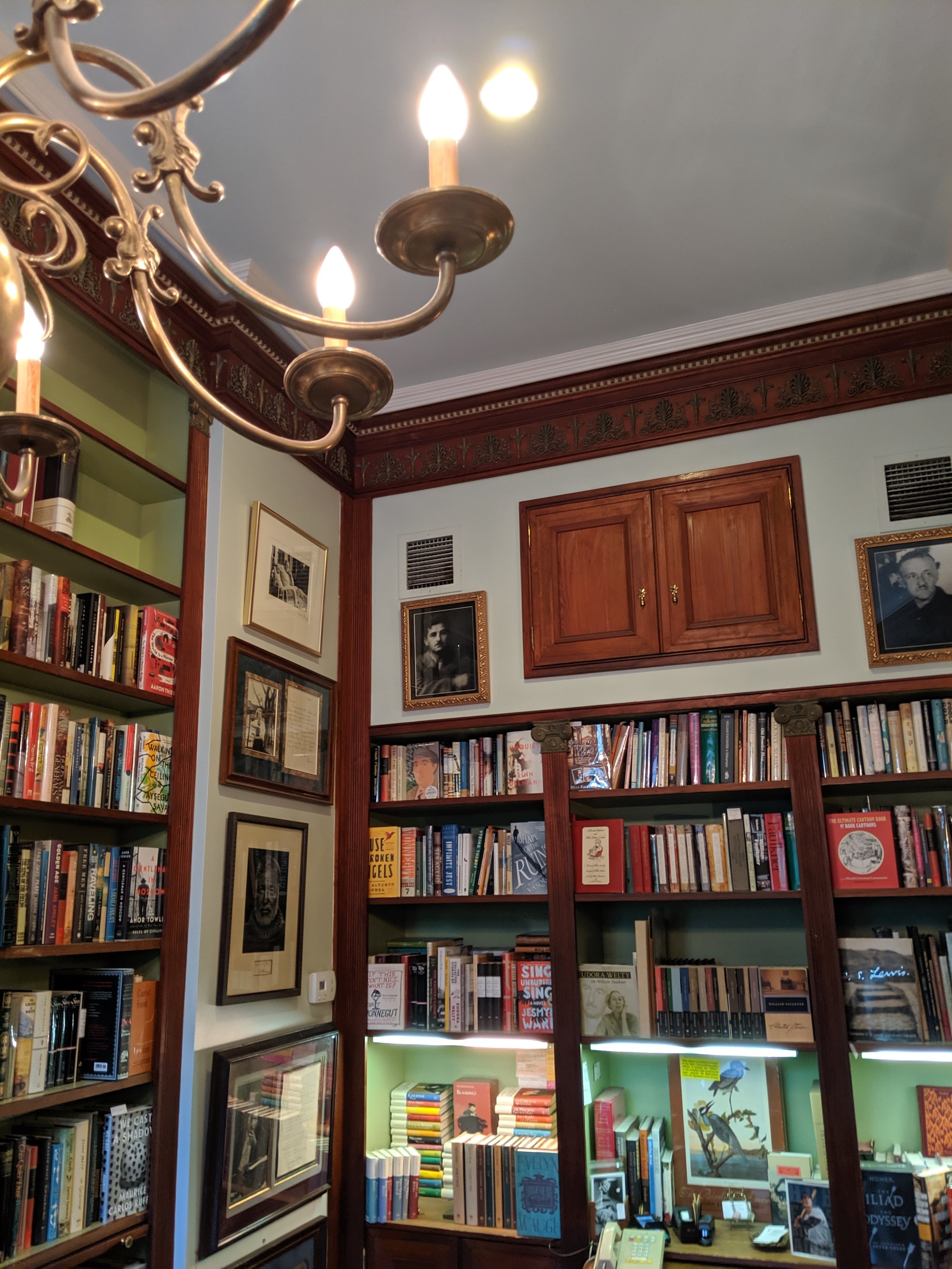The Big Easy has reached its tether, leaving many of us exhausted by the “search” for a truer self, a worthy purpose. I admit: it is difficult to reflect on the entirety of the trip. I feel the urge to translate my tension with severity, but I must remember to adapt to the sudden new journey to which I returned. It is important that I nurture my sensible wounds immediately, because there are only so many moments in life when we recognize, and with a great relief, how beautiful intimacy could be when immersed in unfamiliar chaos.
When the sudden moments of reflection became excessive, I found myself tending to the wounds afflicted in times of vulnerability. I learned to do this when I was in Grand Isle because Chopin’s The Awakening reflected its tranquil energy. The novel’s impression will always remind of my comfort in therapeutic moments of reflection. I was impressed with myself, because I learned to identify affections agreeable to my nature in times of uncertainty.
New Orleans was a city with a mystifying mutable energy. Reading Rice’s Interview with the Vampire taught me how to mindfully submit to the mutability that disrupted my severe perception of life. Though the novel explores the comfort in terror, I learned that the first thing to exercise is a mode of adaptability. I walked down Bourbon Street a couple times; once, alone, and other times with fellow backpackers. Each experience terrified me. It inspired me to write my first gothic short story which was an extension of Rice’s novel. I embraced Bourbon Street’s chaos. This was a huge step for me, as I had always feared exploring unfamiliar places without the nearness of a companion. During these lonesome excursions, I learned that it is also chaotic to be utterly honest with my wants, always keeping in mind that unexplored comfort in terrors may help me emerge optimistically anew.
Since we spent a couple of days in New Orleans, Percy’s The Moviegoer was the next novel on the list. My impression of the novel changes. I do believe that Binx’s mundane external journey made it difficult to stay fascinated by the deeper meaning of the novel. But that was just the lesson it was meant to convey. There were days when ennui hit me without notice. Meanwhile, I was impatient with Binx because he seemed to lack the courage in latching onto a purpose. It took me some time to realize that I had been set on latching onto a purpose so desperately because I feared that I would return to unexcitable days without having successfully redefined my sense of intimacy. I reflected on the moments when the presence of tenderness eased me into an excitable pace of vulnerability. Had I been aware that I was already immersed in a warmth of comfort, I would have approached this experience in a less aggressive manner.
In youth, I was not a stranger to violence, to anger, to fear; all things that arise from toxic masculinity. I became my own on this trip, disposed of toxic beliefs that tampered with my individuality as a queer Latino, and embraced the essence of friendships and experiences that helped me nurture the unfamiliar emotions I used to harbor in my darker days. I proudly share that I have found my voice in literature after having tended to the parts of my neglected selves. I will spend my gap year embodying that voice, because it is time I devoted my entirety to queer Latinos who wish to redefine their sense of intimacy.














